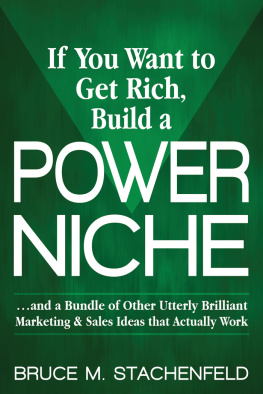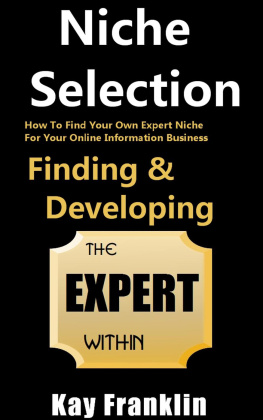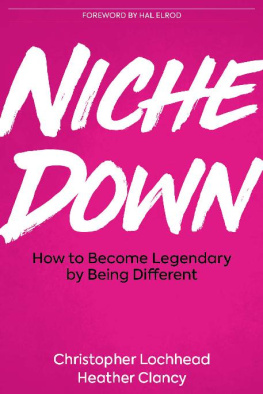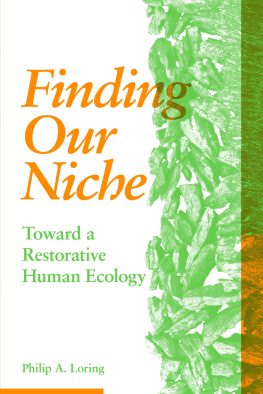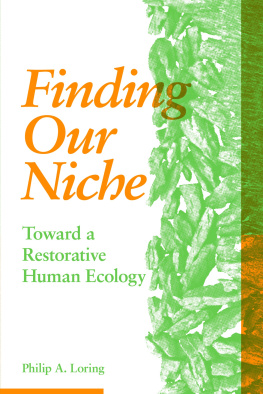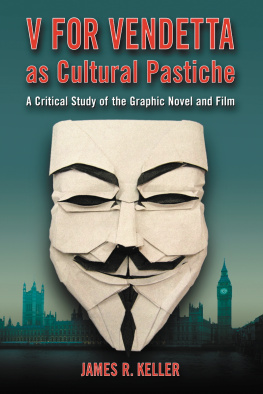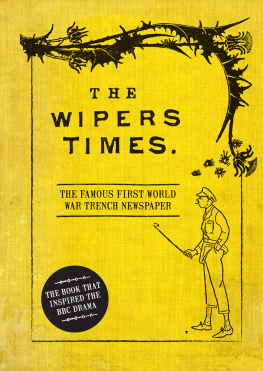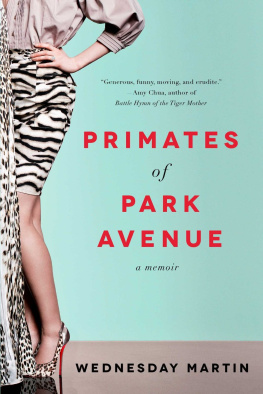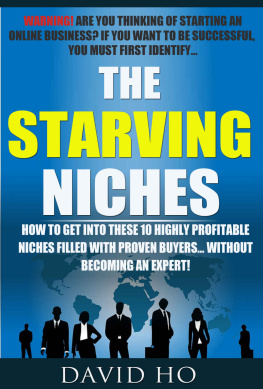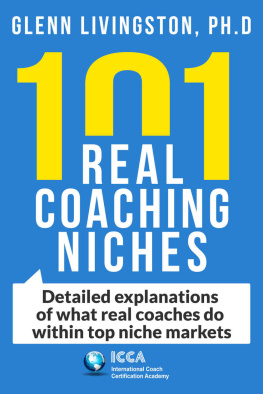Momus - Niche: A Memoir in Pastiche
Here you can read online Momus - Niche: A Memoir in Pastiche full text of the book (entire story) in english for free. Download pdf and epub, get meaning, cover and reviews about this ebook. year: 2020, publisher: Farrar, Straus and Giroux, genre: Detective and thriller. Description of the work, (preface) as well as reviews are available. Best literature library LitArk.com created for fans of good reading and offers a wide selection of genres:
Romance novel
Science fiction
Adventure
Detective
Science
History
Home and family
Prose
Art
Politics
Computer
Non-fiction
Religion
Business
Children
Humor
Choose a favorite category and find really read worthwhile books. Enjoy immersion in the world of imagination, feel the emotions of the characters or learn something new for yourself, make an fascinating discovery.

- Book:Niche: A Memoir in Pastiche
- Author:
- Publisher:Farrar, Straus and Giroux
- Genre:
- Year:2020
- Rating:3 / 5
- Favourites:Add to favourites
- Your mark:
- 60
- 1
- 2
- 3
- 4
- 5
Niche: A Memoir in Pastiche: summary, description and annotation
We offer to read an annotation, description, summary or preface (depends on what the author of the book "Niche: A Memoir in Pastiche" wrote himself). If you haven't found the necessary information about the book — write in the comments, we will try to find it.
Momus: author's other books
Who wrote Niche: A Memoir in Pastiche? Find out the surname, the name of the author of the book and a list of all author's works by series.
Niche: A Memoir in Pastiche — read online for free the complete book (whole text) full work
Below is the text of the book, divided by pages. System saving the place of the last page read, allows you to conveniently read the book "Niche: A Memoir in Pastiche" online for free, without having to search again every time where you left off. Put a bookmark, and you can go to the page where you finished reading at any time.
Font size:
Interval:
Bookmark:
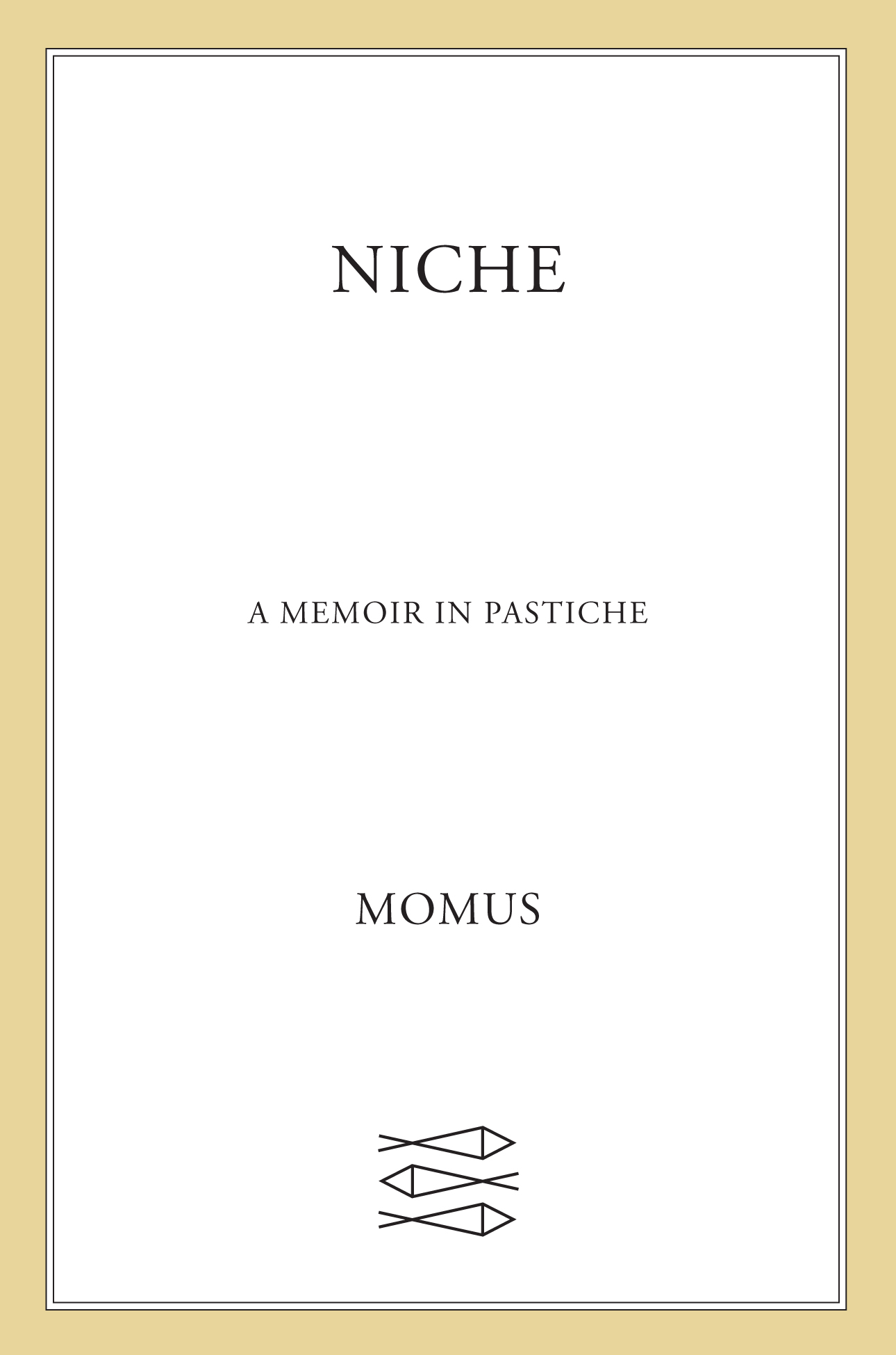

The author and publisher have provided this e-book to you for your personal use only. You may not make this e-book publicly available in any way. Copyright infringement is against the law. If you believe the copy of this e-book you are reading infringes on the authors copyright, please notify the publisher at: us.macmillanusa.com/piracy.
Dead writers are unemployed. Its a shame, because they could be put to better use than rotting and being forgotten. Think of all the talents a dead writer might have: a way with words, a flair for drama, an interest in other peoples lives, a disarming honesty, a shocking originality, the power to connect us with ancient worlds or imaginary places, good metaphors and maxims, a distinctive voice, a gift for publicity! Why waste all that?
Dead writers are dead, of course. But dead in what sense? Culture is humanitys greatest invention: a machine that overcomes distance, difference, and death, by connecting us to people who are far away, or unlike us, or no longer alive, and making them seem alive and close by and like us. Thanks to culture we can feel as if weve lived for thousands of years, and thats because, even as they enliven us with their work, were giving these corpses a little spasm of new life by letting their thoughts seep into us.
That sounds a bit spooky, but I like spooky things.
Im Nick Currie. A Scot born in 1960. Ive spent most of my life as Momus, a music artist, a singing writer. I never really planned to set down a memoir. I know its the sort of thing successful musicians do in later life, but Ive never really had the sort of mainstream fame that would justify a standard rock memoir. So thats not what this is. Its more of a phantom choir with some memories suspended in a cloud of dry ice.
In the summer of 2018 I came back to Europe after eight years in Japan. In Osaka Id spent most of my time cycling, making music, uploading videos to YouTube, and collecting old foreign-language paperbacks from shabby secondhand bookshops. When I arrived back in Europe my life was all up in the air: I had no idea what to do next. I made for Berlin because its a city I feel comfortable in. A friend there had an apartment I could sublet.
One day I got an email from Jeremy M. Davies, the editor responsible for signing my first novel, The Book of Jokes, to Dalkey Archive Press. He was coming to Berlin and suggested lunch. Although wed been working together for a decade this was our first meeting. I took him to Smart Deli, my favourite Japanese caf in Mitte. Jeremy told me about his new job at Farrar, Straus and Giroux and said the New York publishers would be interested in reading anything I showed them. I took that as a kind of politesse, a rote invitation; I was focused on the pop record I wanted to make and didnt really have any literary plans. After lunch we went to see Brechts grave in the Dorotheenstadt Cemetery. Brecht and his wife Helene Weigel lie under two rough-hewn stones, their names picked out in white sans serif. The windows of their Chausseestrae apartment overlook the site on one side. On the other is a student canteen where I sometimes grab a cheap lunch.
Jeremy returned to New York but kept sending emails urging me to pitch an idea. Maybe an account of all the scenes Id been peripherally involved in? Postcard Records, Creation, Shibuya-kei, Berlin, the New York art world. There was even money in it! He named the biggest advance Id ever been offered and my mind suddenly focused. But what to propose?
The first pitch was an ironic memoir about my struggle with drugs. The joke being that Ive never done any. Amazingly enough this got accepted and the first tranche of money arrived from New York. But when I sat down to write, the idea quickly fizzled. The joke was undermined by its own punch line, and the whole thing seemed disrespectful to the musiciansobviously legionwho really have struggled with drugs.
Then I had a brilliant idea. The musty smell of old paper sends my pulse racing. Paperbacks are really my drug of choice; theres always one concealed somewhere about my baggy clothes. The thing I get high on is text from dead writers. So why not get them to recount my life story? Pastiche, after all, has always been a part of what I do as the musician Momus. I mock, I copy, I channel.
It turned out to be great fun to make the book this way. I would sit down to write each day thinking: Now, what year have I got up to, what happened to me then, and who should cover it? As David Bowie once put it: Who can I be now? And in a sense the book wrote itself, because I learned to listen to what these authors seemed to want to talk about. What would x do? is a question artists at an impasse often ask, x being some artistic hero. Would x get honest here, or direct or visionary or poetic?
Often the writers I chose were people with higher and nobler concerns than mine. They changed the way I wrote about my life, tugged me towards elegance or grandeur or lyricism or directness. Many had been part of the landscape all along. These were figures who really did intrude into my life as I grew up. Sometimes they were people I was aspiring to be like, since writers were always my role models, along with musicians and visual artists. (I know: dysfunctional, solitary, impoverished, vain, neglected, and self-harming, artists are the worst role models ever.) Sometimes they were just the paperback in my pocket.
Of course this superpower Id given myself, this license to raise the dead, produced absurd juxtapositions. Hubris and bathos. Imagine Proust coming back to lifebecoming a somebody againjust to talk about me, a nobody! How would he feel, to be invoked at some weird sance and forced to lend his voice, reputation, and talents to this hackwork, this propaganda? I can tell you that Norman Mailer was furious to be woken from his eternal sleep by a schmuck. Now that I think about it, its a very similar scenario to the one in Popppappp, my last novel, which describes two graphic designers forced to work for a fundamentalist sect. They spruce up the beheadings on television, add a bit of clarity to the fonts. Maybe humiliated and compromised artists are a good metaphor for humanity? Were all working way below our potential.
Raising the dead is dangerous sorcery. One probably shouldnt reveal the secret. Its never quite clear how the speakers in Niche get reanimated. More than one of the writers speculates that its a punishment: that having to talk about some indie singer is one of hells lesser tortures. Each ghost gets just one chance to speak before being consigned back into oblivion.
Sometimes the point is to mimic the writers voices, sometimes their names just appear because their books were to hand when something happened in my life and their themes overlapped with mine. Please dont worry if my impersonations get threadbare from time to time and you can hear my own voice coming through: pastiche and parody will often crisscross with sincerity and story in these yarns. These strands are my warp and my weft. If it were nothing but pastiche thered be no storyline. If the writers werent present it would just be a press release.
So here they are, my heroes, brought back to life. Theyre discussing me. What narcissistic arrogance! Did this idea occur because David Bowie, in 2013, actually spent three words in an email (at a time when he seemed to be in a liminal zone between life and death himself) praising my cover of his song Where Are We Now? Thats so cool! It was one of the highlights of my life, because cool is exactly what hed been in my eyes.
Font size:
Interval:
Bookmark:
Similar books «Niche: A Memoir in Pastiche»
Look at similar books to Niche: A Memoir in Pastiche. We have selected literature similar in name and meaning in the hope of providing readers with more options to find new, interesting, not yet read works.
Discussion, reviews of the book Niche: A Memoir in Pastiche and just readers' own opinions. Leave your comments, write what you think about the work, its meaning or the main characters. Specify what exactly you liked and what you didn't like, and why you think so.

